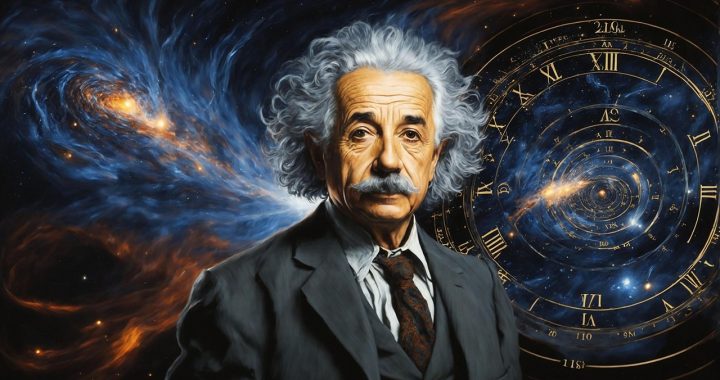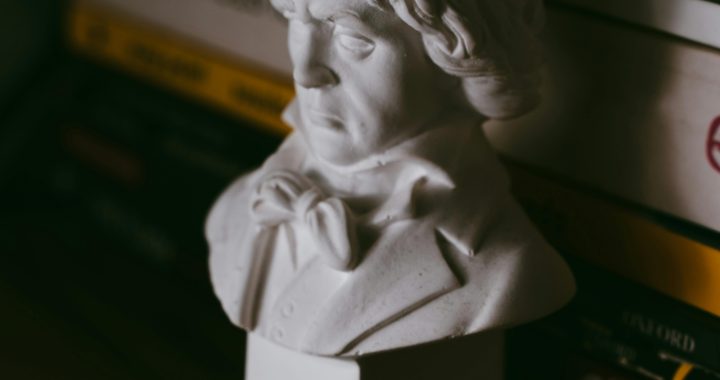Now that we’re seeing the advances of the digital world, particularly that of A.I. move increasingly into not just our personal lives, but likewise into the artistic and scientific worlds, it seems fair to ask how artificial intelligence might actually affect those unique paths of discovery which great artists and scientists such as Einstein, Picasso, Virginia Woolf, or Niels Bohr employed to create their visionary art and science. That is, would A.I., if it had existed during the time in which they were alive, have somehow stifled or impeded their brilliant creations and/or discoveries in any way?
If Picasso had fed information into an artificial intelligence system in order to create his startling, multi-dimensional paintings and drawings, he might have produced art that was even more visionary and radical than what it became, but at the same time, his creations wouldn’t have come as fully from inside him. That is, the emotive, mental, and tactile parts of his persona, all working together, wouldn’t have been able to explore the potentially malleable fabric of space in which his art existed in the very same, open-ended way.
Likewise, if Einstein had used the technology of artificial intelligence to explore space and time in the manner in which he did in both his Special and General Theories of Relativity, the latter leading toward his iconic theory of gravitation, he might have been able to do so more expeditiously. Yet the beauty of the trial and error process of the scientific method, which he used as creatively as any other scientist has ever done so, might have been significantly swallowed by the more predictable, rigid nature of artificial intelligence.
In similar fashion, if Virginia Woolf had used artificial intelligence to create story lines for her brilliant stream of consciousness novels, with A.I. providing her with ways to most effectively weave the personas and storylines of her different characters into one another, this might have potentially allowed her to make those things more intriguing. Yet, at the same time, she wouldn’t have been able to use to the same degree her incredible vision of how separate lives intermingle with one another, one derived from her own intense struggles with her sanity, to meld her own unique psyche with the words she put on the page.
Also, Niels Bohr almost certainly could have used A.I. to determine how specifically electrons orbit the atomic nucleus in a way that prevents an atom from collapsing in upon itself, perhaps even more effectively than he actually did. Yet the extreme satisfaction he must have experienced when he fully realized that his lifelong struggles with the vagaries of his rational mind had led directly toward his revolutionary scientific discovery would have almost certainly been denied him in the bargain.
When iconic artists, writers and scientists such as these probed a certain part of their world using their own thought processes and/or emotive reactions to pursue their investigations, they were using paths of discovery which took place entirely within their own inner lives. On the other hand, if they had used the tools provided them by artificial intelligence, they might well have been creating paths of discovery which existed significantly outside their own psyches. That is, within the digital pathways which would have existed within whatever A.I. tools they would have been using. So, it would seem that within our current Internet age a choice has to be made between the easiest way to produce valid external results or the maintenance of the richest inner life possible.

